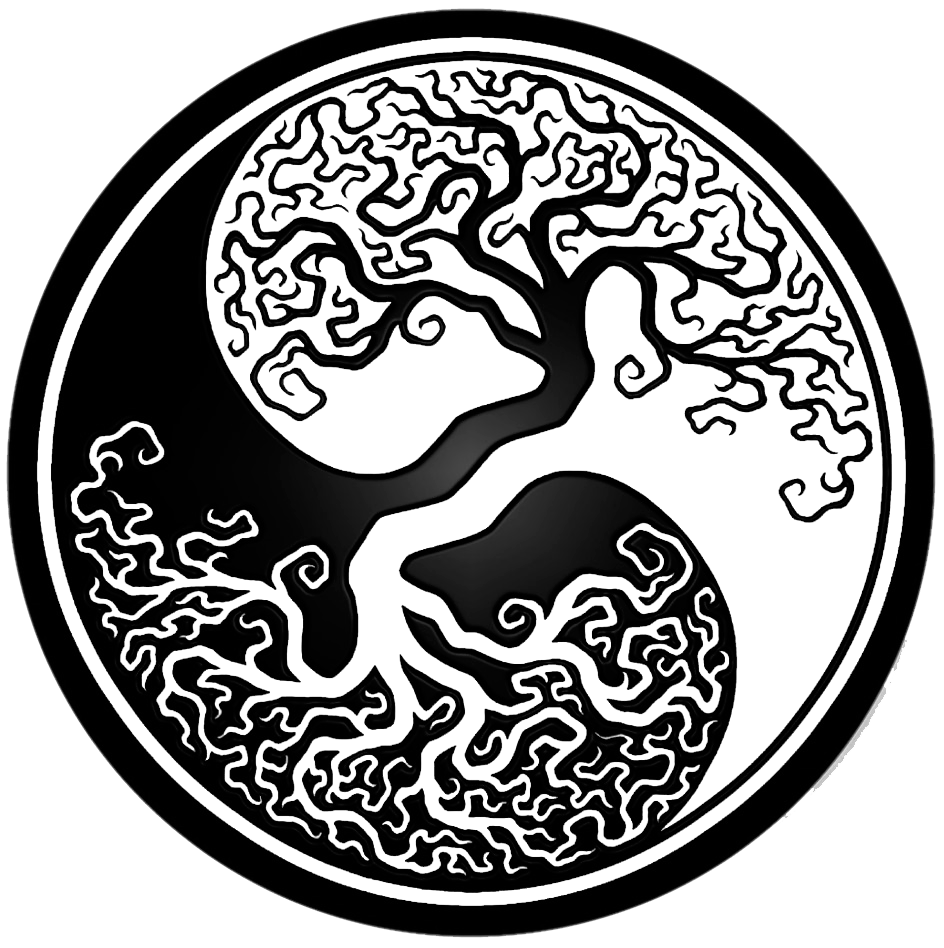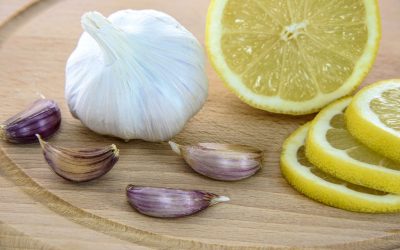Modern and Traditional Health Care Systems
Next to food, health care is one of the biggest concerns of wo/mankind. In 2017 global spending on both private and publicly funded health care was 7.8 trillion or 10% of the GDP, according to the WHO. However, this is not equally distributed across the globe. In 2017, lower-income countries spend only about US$41 per person, on average, compared to high-income countries, which spent as much as US$2937 per person, per year. These figures make clear how unequally health care is distributed around the world, despite the fact that overall, global spending is steadily increasing and health care is one of the fasted growing sectors.
But for many people, particularly for those who live in rural communities, health care remains difficult to access. Poverty is a huge determining factor and even in high-income countries like the US, health insurance is far beyond many people’s reach.
It is in these disadvantaged places that the use of traditional medicines is still thriving and is making a huge contribution to global health care. Interestingly, more industrialized countries are also re-discovering traditional and alternative medicine as complementary health care options. Partly because they are deemed safer, and partly because they are more affordable.
Traditional Systems of Medicine
Herbal medicine is perhaps the oldest traditional medicine system, although it is by no means homogenous. There are many different approaches and underlying philosophies – ie Chinese Medicine or Ayurveda are both ancient and very sophisticated systems, yet very different from each other. Neither relies entirely on herbs, but the herbal materia medica forms a vital part of both.
Herbal Medicines
Proponents of ‘scientific’ medicine often argue that herbs have not been tested sufficiently. But this is misleading. While it is true that many herbs have not been subjected to laboratory testing, while some that have, have shown poor results, it must also be acknowledged that herbs have been tried and tested for thousands of years in Vivo, and often with outstanding results. Pharmaceutical companies know this. But they claim that in order to make sure that herbs are safe and effective they must be tested under the same conditions as their chemical pills. In fact, they feel threatened by the popularity of herbs, which are freely available and think that by subjecting them to rigorous testing they can level the playing field – in their favor. At the same time, they are very actively researching plants as possible sources for novel medicines, with the aim of isolating their ‘active’ compounds that they can then turn into a patented pharmaceutical drug.
But for some reason, many herbs seem to resist the laboratory testing even though they have long often proven their value. There is much debate over why that is so. But it seems that the success of a treatment is closely tied to its referential philosophy of medicine. In other words, it is not just a question of the remedy. The human body is not a machine. The medical systems we construct reflect our worldview. Thus, natural medicines work best within the context of a holistic worldview. One should not make the mistake of treating herbal medicine simply as a replacement for pharmaceuticals. Instead, natural health care systems go far beyond treating symptoms. They are part of specific systems that see health and the human body as part of and embedded in the greater web of life. Herbal remedies have a lot to offer. They can play an instrumental part in preventing disease, maintaining good health and in the treatment of disease.
All things are connected. This part of the website deals with these more philosophical and systemic issues. Health is more than just the absence of disease. It is useful to keep in mind that the word ‘health’ derives from the Proto-Indoeuropean word for wholeness. We need to apply a systemic lens to ponder the questions concerning health and healing.
Ayurveda
Ayurveda is one of the oldest healing traditions in the world, spanning about 5000 years of unbroken practice. Often described as a philosophy of life rather than just a system of medicine, the name actually translates as ‘science of life’.
A strong immune system is your best defense
A strong immune system is your best defence. Garlic, ginger, lemon, turmeric and other common foods can help to keep the immune system strong.



